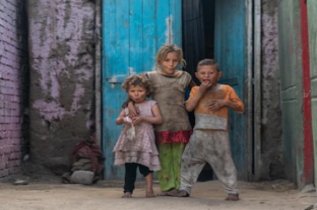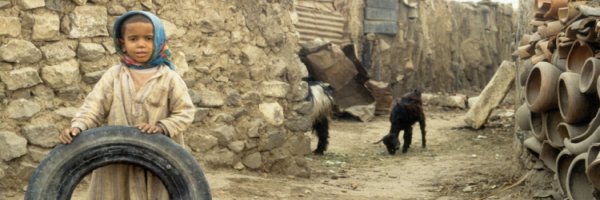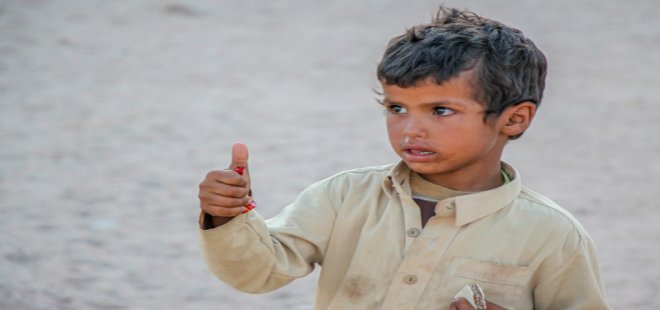|
Child Sponsor Egypt
Become a child sponsor in Egypt by checking out these ethical child sponsor programs and empower children, strengthen communities, and help rebuild lives. When thoughts turn to children in Africa in need of child sponsorship, Egypt is probably one of the least likely to spring to mind. Yet, in what is a relatively prosperous country by African standards with the second largest economy in the Arab world, most of its population live in overcrowded conditions almost exclusively along the Nile and its delta making a living off agriculture leaving countless youngsters without adequate access to basic necessities and the chance to thrive. Poverty, particularly in these rural areas and informal settlements, remains a persistent issue, affecting families' ability to provide nutritious food, clean water, proper housing, and essential healthcare for their children. | |
Educational disparities are also stark; while primary education is compulsory, many children, especially girls, are still at risk of dropping out due to economic pressure, cultural norms, or a lack of accessible and quality schooling in their communities. These intertwined challenges create a cycle of disadvantage, limiting a child's potential from an early age and hindering their ability to break free from the constraints of their circumstances. Child sponsorship directly addresses these fundamental gaps, stepping in where family resources or public services fall short.
Child sponsorship programs in Egypt take various forms, all designed to offer comprehensive support to vulnerable young individuals. Primarily, these are implemented by non-governmental organisations and local charities that work closely with communities. One common model is individual child sponsorship, where a sponsor contributes regularly to support a specific child, often establishing a personal connection through letters and updates. These funds are typically pooled to cover critical needs such as school fees, stationery, uniforms, and sometimes even tutoring to ensure academic success. Beyond education, some programs focus on health and nutrition, providing access to medical check-ups, vaccinations, and supplementary feeding to combat malnutrition, a prevalent issue in some areas.
|















